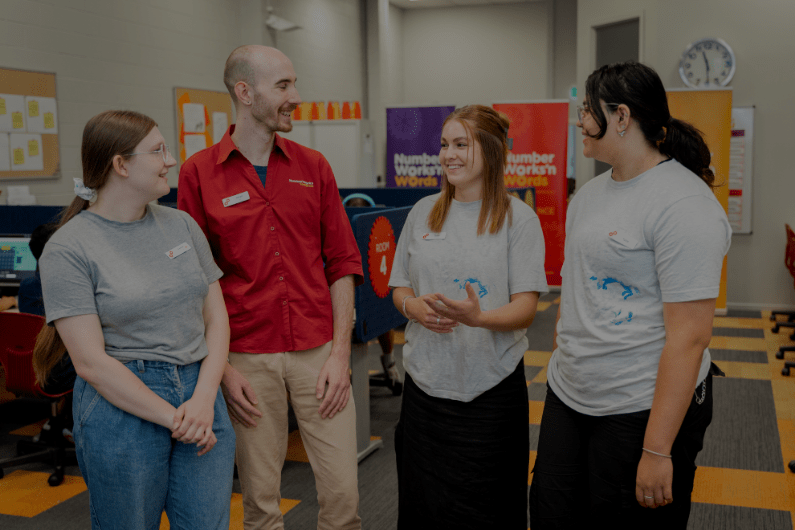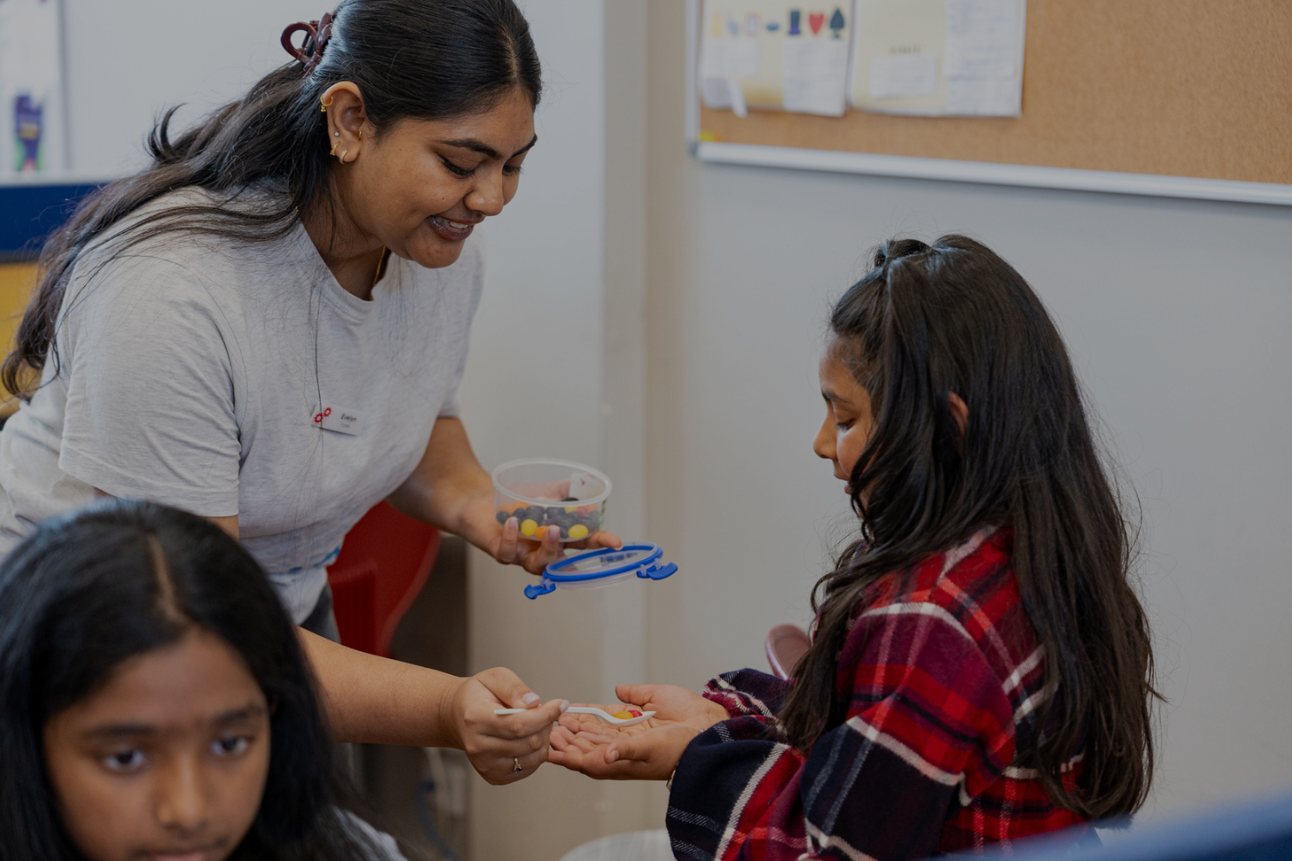When Children Fail in School Understanding Learned Helplessness

Learned helplessness is the belief that our behaviour does not influence what happens next; that is, behaviour does not control outcomes or results. For example, when a student believes that she is in charge of the outcome, she may think, “If I study hard for this test, I’ll get a good grade.” On the contrary, a learned helpless student thinks, “No matter how hard I study for this test, I’ll always get a bad grade.”
In the realm of education, learned helplessness becomes intertwined with poor results, persistent underachievement, and behavioural challenges, creating a destructive cycle.
This cycle nurtures learned helplessness and behaviours that corrode both academic confidence and self-esteem. This phenomenon isn't just an abstract concept; it's a tangible experience shaping destinies and self-perceptions.
Frequent academic setbacks often pave the way for learned helplessness. Due to continuous failures, these children start to doubt their abilities. If left unaddressed, this doubt solidifies into a paralysing belief in their powerlessness against their academic challenges.
Is your child struggling to keep up with schoolwork? Are they falling behind? Are they bored in class? Or are you looking for extension work for your child? Check out our eBook to learn more about how we help your child improve academically and build confidence through our in-centre after-school tuition.
When faced with difficult materials, their efforts diminish, perpetuating a cycle of generalised failure. It's a disheartening loop where each stumble reinforces their previous experiences, strengthening their conviction of incapacity and further undermining their educational pursuits.
Characteristics of Learned Helplessness in Children
Learned helplessness becomes apparent following early academic setbacks, revealing clear indicators. Motivation fades, aspirations dim, and pervasive pessimism engulfs their perspective. Regardless of their efforts, they expect unfavourable outcomes, internalise failures, and firmly believe in their inadequacy.
Their already delicate self-esteem crumbles, leaving them unable to recognise their inherent abilities. Even when they perform exceptionally, they credit success to luck, not their skills. This pervasive negativity seeps into every aspect of their academic path, corroding confidence and impeding their proactive approach to challenges.
The Deeper Psychological Mechanism of Learned Helplessness
Learned helplessness involves a complex interplay of negative thought patterns, behavioural cues, and emotional responses intricately woven into the fabric of human cognition. Understanding this phenomenon is akin to deciphering a cryptic code of human behaviour, allowing us to grasp the mental mechanisms that lead individuals into chronic helplessness, clinical depression, and despair.
It requires navigating the labyrinth of the mind, where the roots of learned helplessness intertwine with abnormal psychology, educational psychology, social psychology, and cognition. Through meticulous examination of experiments and a deep exploration of the intricacies of these psychological foundations, we uncover strategies to unravel the layers of this phenomenon.
Overcoming Learned Helplessness: A Path to Empowerment
Early exposure to trauma and adverse conditions often triggers learned helplessness, embedding a profound sense of hopelessness in the mind. Societal and cultural influences intensify this cycle, emphasising the importance of a thorough understanding of these triggers. Identifying signs of major depressive disorder is crucial, as this awareness enables empathetic support for those burdened by learned helplessness.
shaping children's perceptions is crucial. Teaching them that consistent effort and taking strategic approaches can gradually enhance their skills and foster a growth mindset, which in turn enhances their determination. Equipping children with effective learning techniques and acknowledging their hard work plays a pivotal role in turning learned helplessness into a stepping stone rather than an insurmountable obstacle.
The Power of Perception: Optimism vs. Pessimism in Academic Endeavors
The way children perceive their academic paths profoundly influences their resilience. Optimistic children view setbacks as temporary and situation-specific, attributing them to external factors. Conversely, pessimistic children see failures as permanent, universal, and intrinsic, reinforcing their helplessness. Altering this perception is vital. Teaching them that persistent effort and effective strategies can gradually enhance their skills is crucial.
Success then becomes an ongoing journey of growth, fostering a mindset of continuous improvement that strengthens their determination. By encouraging a positive outlook, educators empower children to see challenges as chances for personal growth, breaking the shackles of pessimism that feed learned helplessness.
Equipping Learned Helpless Children: The Role of Learning Strategies and Supportive Environments
Crucial to overcoming learned helplessness is arming children with effective learning strategies. Teaching them practical methods acts as a lifeline, providing them with a sense of control. Recognising and valuing their efforts reshapes their mindset, placing effort at the core of achievement and emphasising the journey rather than just the end goal.
Supportive environments, both at home and in school, are paramount. When educators, families, and communities collaborate, they create a safety net, catching those who are vulnerable to helplessness. Encouragement, mentorship, and a nurturing atmosphere empower children, fostering belief in their abilities and building resilience against the challenges of learned helplessness.
Nurturing Resilience and Empowerment: A Collective Responsibility
In the expansive realm of education, fostering resilience and empowerment isn't just a teaching responsibility; it stands as a moral imperative. By cultivating a culture that esteems effort, imparts effective strategies, and nurtures a growth mindset, we not only break the barriers of learned helplessness but also mould individuals with the bravery to face life's challenges head-on.
Every recognised endeavour, each acquired strategy, and every overcome obstacle stands as a testament to human potential. As a society, we actively participate, creating an atmosphere where your children, regardless of their past setbacks, believe in their capacity to learn, adapt, and thrive.
The essence lies in nurturing individuals who are both resilient and empowered. Armed with self-assurance and effective learning techniques, they step forward with the conviction that they can overcome any obstacle. This signifies not just the end of learned helplessness, but the beginning of a new era - one where empowerment, resilience, and limitless potential take precedence.
It shapes a future where your child's dreams aren't merely nurtured but realised, breaking the shackles of helplessness and paving the way for a brighter, more empowered world.
Don't let learned helplessness hinder your child's potential. Take action today by booking a free assessment with NumberWorks'nWords. Together, we can empower your child to embrace challenges, excel academically, and build a bright future.



